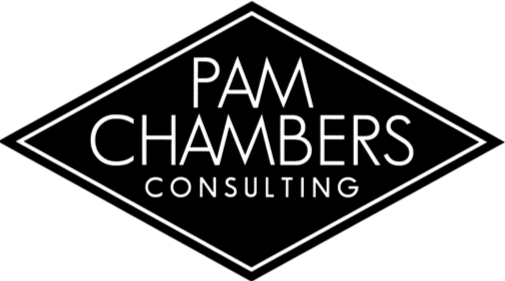
Just: “I’m just a receptionist.” “Just checking to see if you got my proposal for building your next hotel.” This word minimizes you, your purpose, your value, and what you’re up to. Omit it.
Try: “I’ll try to get the answer to you by Monday.” Try implies failure. Don’t try. Do.
I didn’t have a chance: When I am tempted to use that phrase, I immediately recognize it as a lie. The truth is, I had many chances to read the article you recommended. Better: “I didn’t do it because I didn’t make it a priority.”
But: When the word “but” follows a compliment, it is an eraser. “I like that skirt, but . . .” No matter how that sentence ends, the word “but” erases the compliment. It would be better to say, “I like that skirt, and the one you wore the other day was my favorite because . . .”
Never and always: These words are almost never true and will almost always create conflict for the listener. “You never give me my allotted time at our meetings and you always cut me off before I’m done.” That is probably not true and the other person will immediately think of times that didn’t happen. It would be better to say, “Today at the meeting, I didn’t get my full ten minutes. In the future, I’d like to be given my allotted time.”
No problem: Those are both negative words. And why imply that there is a problem? “You’re welcome” and “My pleasure” are infinitely more gracious.



